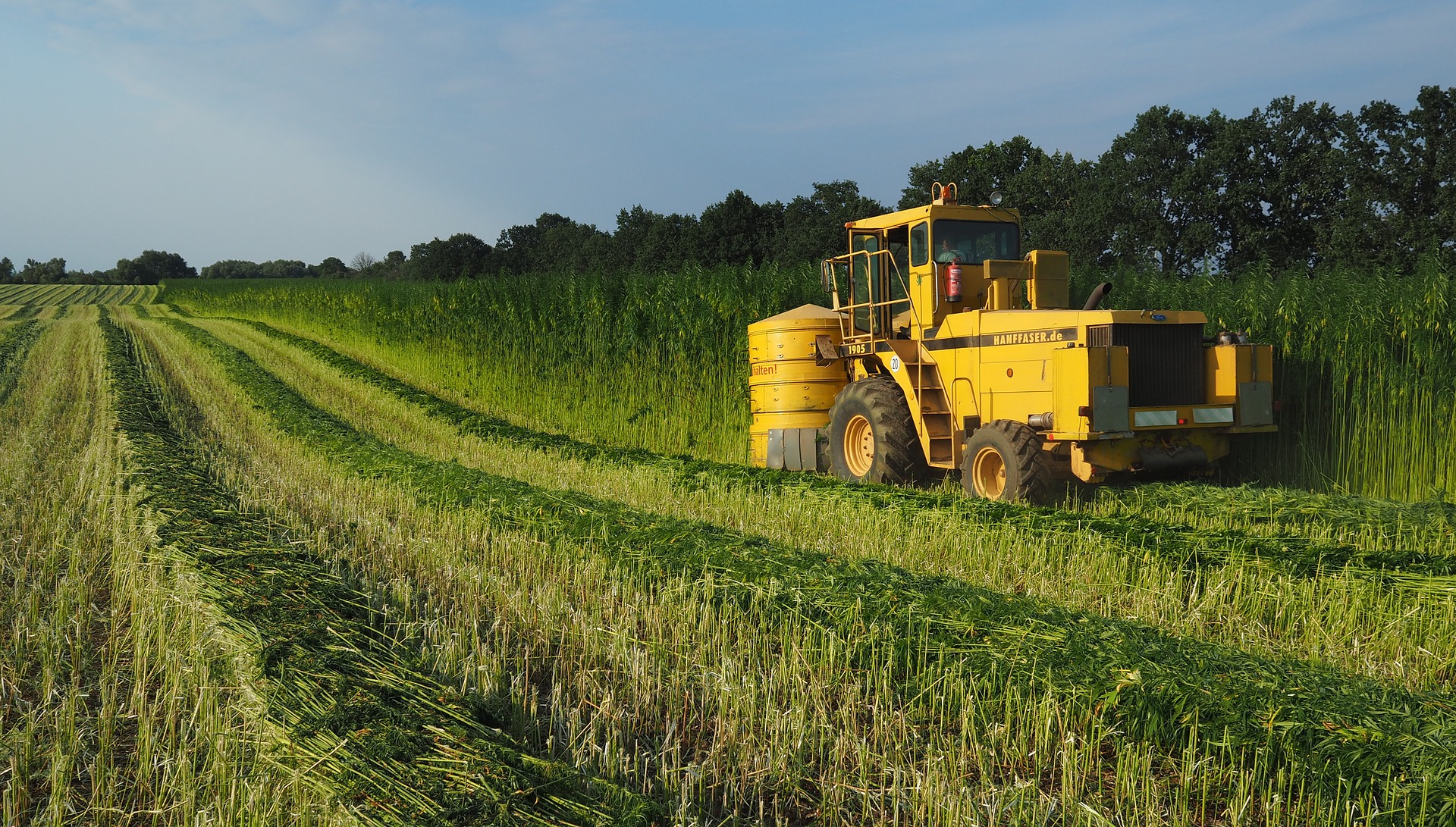Brooke Christy is a 3L at University of Pittsburgh School of Law and a guest contributor to this blog.
Heirs’ property (sometimes referred to as heir property) is a term that refers to land that has been informally passed to two or more descendants without a will or deed to prove ownership. When this occurs over several generations, it becomes complicated to establish proof of ownership and leaves the heirs without clear title to their land. Without a clear title, numerous issues may occur. First, it is difficult for heirs to benefit from federal programs, such as those administered by the U.S. Department of Agriculture (USDA). This can be financially devastating for farmers that need access to USDA’s wide array of programs which include farm loans, crop insurance, conservation programs, disaster assistance, and more. Additionally, without a clear title the heirs cannot use the land as collateral for loans–which further prevents economic development. Second, when multiple heirs own a property, they jointly own the entire property as “tenants in common.” This joint ownership makes heirs’ property owners vulnerable to predatory investors, because if one heir sells their share to an outsider, that new owner can bring an action in court to force the sale of the entire property. This is a type of partition action, called partition by sale, and it historically resulted in heirs’ property owners involuntarily losing significant amounts of property for very little compensation. For generations, these problems went unabated, and today conservative estimates predict there are over 3.5 million acres of heirs’ property. While these issues span across race and geographic regions, it cannot be lost that these barriers continue to contribute to land loss in Black communities and the sharp decline of Black farmers.
Within the 2018 Farm Bill, Congress authorized the Heirs’ Property Relending Program (HPRP), which provides funds to eligible entities to relend to heirs for the purpose of assisting them in resolving ownership and succession issues. The legislation defined eligible entities as (1) cooperative, credit unions, and nonprofit organizations, (2) with experience assisting socially disadvantaged farmers and ranchers, and (3) the ability to provide adequate assurance of the repayment of a loan. To be eligible to receive the loans, persons must have familial relations to the previous owner of the property (this includes by marriage) and agree to complete a succession plan. The loans may be used by heirs’ property owner(s) to purchase and consolidate fractional interests held by other heirs to pay for costs and fees associated with consolidation, and to pay for the development of a succession plan.
The Trump Administration did not take steps to implement the HPRP. Therefore, it was not until August 2022, that the USDA announced the first three lenders had been chosen. Persons eligible for the program are encouraged to reach out directly to lenders. For the most up-to-date lender contact information, please visit the USDA website. The contacts for lenders are currently listed as follows:
- Service Area: Nationwide, targeting Indian Country.
- Contact: Skya Ducheneaux, 605-964-8081
Cherokee Nation Economic Development Trust Authority (CNEDTA)
- Service Area: Producers in rural areas (as designated by USDA) of the 14 counties, in whole or in part, encompassing the Cherokee Nation Reservation. Borrower(s) must reside in the Service Area and land must be agricultural land located in the Service Area.
- Contacts: Stephen Highers, 918-207-3955; and Brian Wagman, 918-453-5531
Shared Capital Cooperative, which has a partnership with Federation of Southern Cooperatives
- Service Area: Producers in the states of: Alabama, Florida, Georgia, Louisiana, Mississippi, and South Carolina
- Contact: Shared Capital Cooperative, heirsloans@shredcapital.coop; and Federation of Southern Cooperatives, loanfund@federation.coop; or info@federation.coop
While the HPRP loans are limited to resolving ownership and succession issues, farmers may also reach out to the Farm Service Agency (FSA) for additional financial assistance by applying for a farm number. The farm number is required to establish eligibility for USDA program benefits, such as farm ownership and operating loan programs. In particular, farmers that operate on heirs’ property in jurisdictions that have implemented the Uniform Partition of Heirs Property Act (UPHPA) can expedite their farm number application. The UPHPA seeks to protect heirs from involuntary land loss by modifying court procedures governing partition actions, including partition by sale (forcing sale of the land and receiving heirs receive their portion of the proceeds) and partition in kind (division of the physical land). For example, the legislation requires courts to give preference to partition in kind, and partition by sales must be conducted on the open market to maximize wealth for the heirs. The jurisdictions that have enacted the UPHPA (or substantially similar legislation) are: Alabama, Arkansas, California, Connecticut, District of Columbia, Florida, Georgia, Hawaii, Illinois, Iowa, Maryland, Mississippi, Missouri, Montana, Nevada, New Mexico, New York, South Carolina, Texas, U.S. Virgin Islands, Utah, and Virginia.
The HPRP and FSA’s assistance in receiving a farm number is a significant step towards the mitigation of land loss. However, in some cases, the financial barriers that heirs’ property owners have experienced for generations will result in them being ineligible for the HPRP loans and farmers located in states that have not passed the UPHPA will have to go through a more cumbersome process to receive a farm number. The 2023 Farm Bill presents an opportunity for Congress to fill these gaps and supplemental policy recommendations will be detailed in the Farm Bill Law Enterprise’s forthcoming report, titled “Equity in Agricultural Production & Governance.”
The views and opinions expressed on the FBLE Blog are those of the authors and do not necessarily reflect the official policy or position of FBLE. While we review posts for accuracy, we cannot guarantee the reliability and completeness of any legal analysis presented; posts on this Blog do not constitute legal advice. If you discover an error, please reach out to contact@farmbilllaw.org.


